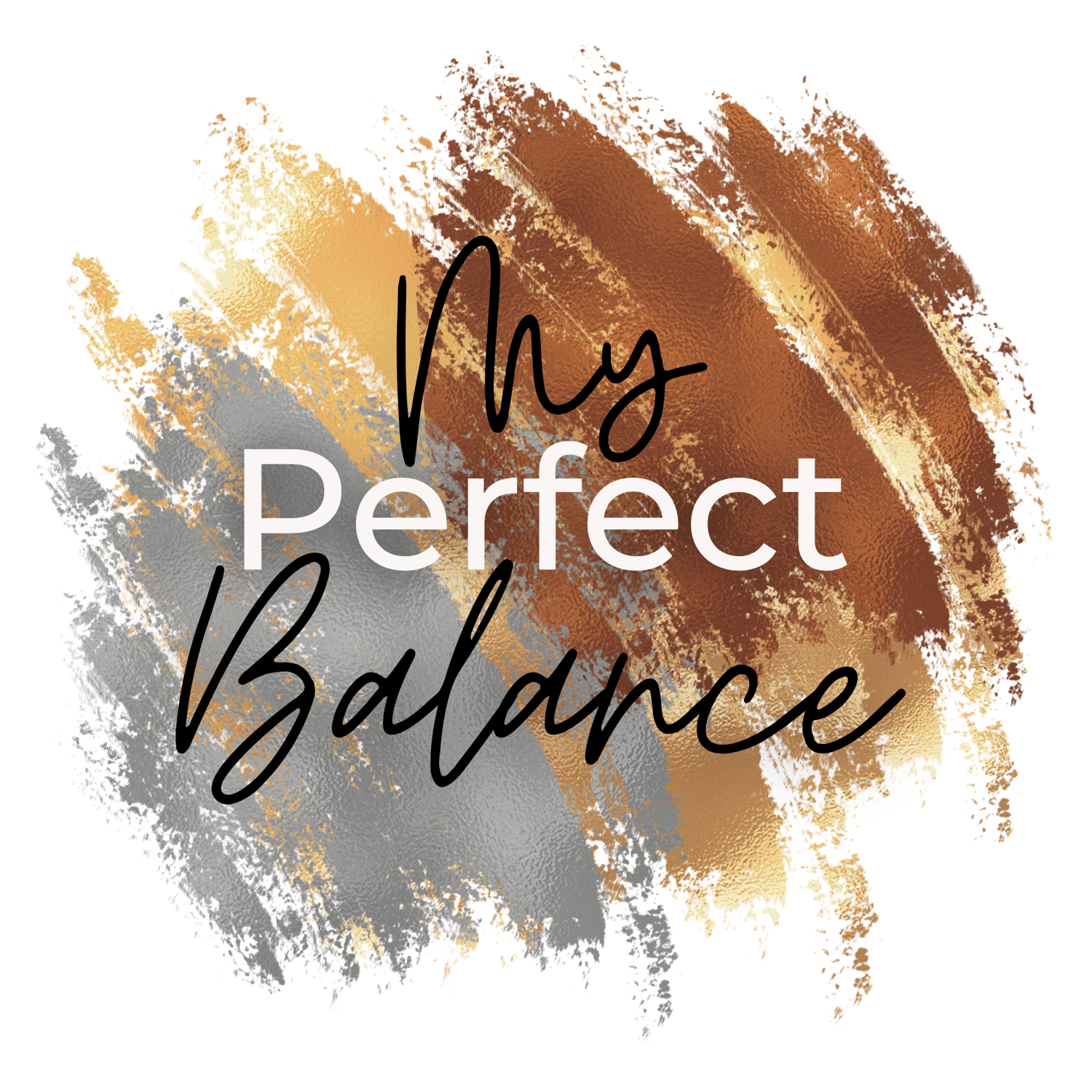In today’s fast-paced world, our minds often buzz with fragmented ideas, worries, and to-do lists, leaving us overwhelmed and unfocused. Journaling is a simple yet powerful tool that can bring order to this mental chaos. By trying to write everything, you can gain clarity, process emotions, and develop a more structured approach to your thoughts.
Here’s how journaling can help you organize your mind and improve your well-being:
Declutter Your Mind
Think of your mind as a desk piled high with papers. Without organization, you’ll waste time trying to find what you need. Journaling acts like a filing system, allowing you to offload thoughts and sort through them. By writing down your worries, ideas, or plans, you create mental space to focus on what truly matters.
Jotting down thoughts also helps prevent them from spinning in your head. Instead of overthinking about a problem, you can write it down and examine it from a fresh perspective.
Identify Patterns and Priorities
When your thoughts are scattered, it’s challenging to see the bigger picture. Journaling helps you identify recurring themes in your life—whether it’s a source of stress, a goal you keep neglecting, or emotions you struggle to manage. Over time, these patterns become clear, allowing you to prioritize and address them effectively. For instance, if you frequently express gratitude, you’ll realize what consistently brings you joy.
Enhance Decision-Making
Journaling can serve as a sounding board for your inner debates. When faced with a difficult decision, writing out your options, potential outcomes, and feelings about each choice can clarify your thoughts. This process helps untangle complex emotions and enables you to approach problems logically rather than impulsively.
Consider creating a pros-and-cons list or free-writing about your dilemma. The act of writing often uncovers insights that you may not have consciously realized.
Set and Track Goals
Journals are excellent tools for goal-setting and accountability. By writing down your goals, you make them tangible and measurable. Whether it’s a personal ambition, a professional target, or a new habit, journaling allows you to track progress and celebrate milestones.
For instance, bullet journaling—a popular method combining task lists, calendars, and reflections—can help you organize daily tasks while keeping long-term objectives in focus. Reviewing your journal regularly can keep you motivated and aligned with your priorities.
Reduce Anxiety and Stress
The act of journaling can be therapeutic, helping to release pent-up emotions. When life feels overwhelming, simply writing about your stressors can reduce their intensity. It’s not just about venting; journaling helps you process emotions, gain perspective, and discover solutions.
Studies show that expressive writing can lower cortisol levels (the stress hormone), enhance emotional resilience, and improve mental health. For those dealing with anxiety, a gratitude journal—where you list things you’re thankful for—can shift your focus from worries to positives.
Boost Creativity and Problem-Solving
Journaling isn’t just about organizing your existing thoughts—it’s also a breeding ground for new ones. When you write freely, you tap into your subconscious mind, sparking creative ideas and solutions. This is particularly true for methods like stream-of-consciousness journaling, where you write without filtering or judging your thoughts.
Even if your ideas seem random or disconnected at first, patterns often emerge. These moments of insight can help you brainstorm new approaches to challenges in your personal or professional life.
Tips for Getting Started
If you’re new to journaling, here are a few tips to make it a consistent and rewarding habit:
- Set a Routine: Dedicate a specific time each day or week for journaling—morning for goal-setting or evening for reflections.
- Keep It Simple: Don’t overthink it. Write freely without worrying about grammar or structure.
- Experiment with Prompts: If you’re stuck, use prompts like “What’s on my mind today?” or “What am I grateful for?”
- Choose Your Medium: Whether it’s a classic or digital notebook or even voice-to-text, use whatever feels most comfortable.
- Stay Consistent: Even a few sentences a day can make a difference. The key is to show up regularly.
My golden reader, journaling is more than just a way to document your day—it’s a method of self-discovery, problem-solving, and mental organization. By giving your thoughts a physical space to exist, you can declutter your mind, identify what truly matters, and approach life with greater clarity and purpose. Whether you write for five minutes or fifty, the benefits of journaling are undeniable. So grab a notebook and start your journey toward a more organized and mindful you.



